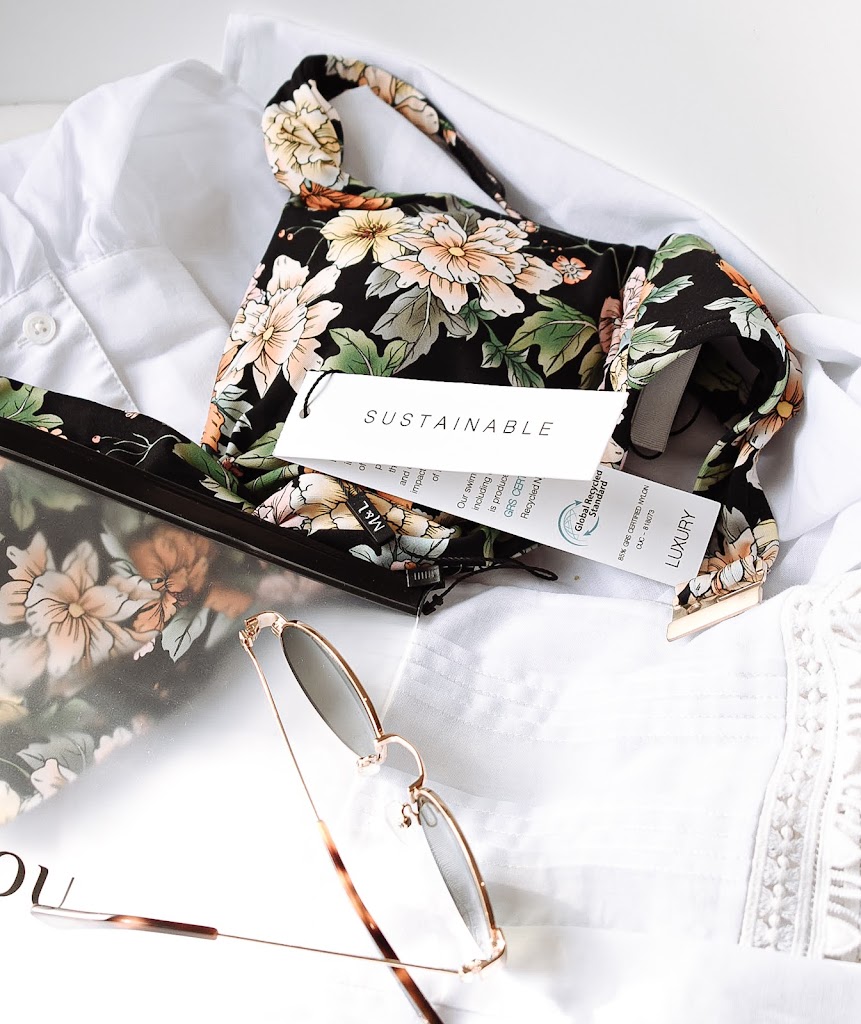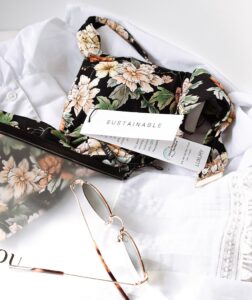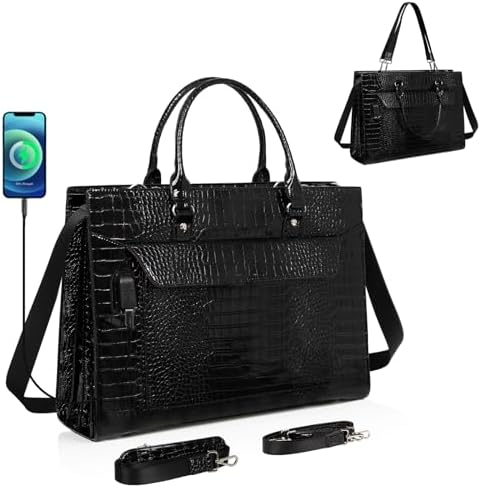Paving the Way for Eco-Friendly and Ethical Choices in the Fashion Industry.
Introduction
The fashion industry, known for its fast-paced trends and consumerism, is undergoing a significant transformation towards sustainability. Sustainable fashion encompasses eco-friendly practices, ethical sourcing, and responsible manufacturing. This article explores the importance of sustainable choices in the fashion industry, highlights eco-friendly practices, and showcases ethical fashion brands leading the way.
The Environmental Impact of Fast Fashion
Discuss the detrimental environmental consequences of fast fashion, such as excessive waste, water pollution, and carbon emissions. Emphasize the need for sustainable alternatives to mitigate these impacts.
Eco-friendly Practices in Fashion
Explore sustainable practices, including the use of organic and recycled materials, water conservation, energy-efficient production processes, and waste reduction. Discuss the role of innovative technologies and circular economy models in creating a more sustainable fashion industry.
Ethical Sourcing and Supply Chains
Highlight the importance of ethical sourcing, fair trade, and labor rights in the fashion industry. Discuss the significance of transparency, traceability, and ensuring fair wages and safe working conditions for garment workers.
Slow Fashion and Conscious Consumption
Introduce the concept of slow fashion, emphasizing the value of quality over quantity and promoting conscious consumption habits. Discuss the benefits of investing in timeless and durable garments, reducing overconsumption, and embracing a more sustainable wardrobe.
Sustainable Fashion Brands
Profile notable sustainable fashion brands that prioritize eco-friendly materials, ethical production practices, and social responsibility. Highlight their success stories and impact on the fashion industry.
Collaborations and Innovations
Discuss collaborations between fashion brands, designers, and sustainability advocates to drive positive change. Explore innovative initiatives, such as upcycling, zero-waste design, and closed-loop manufacturing, that redefine the fashion landscape.
Consumer Education and Awareness
Emphasize the role of consumers in driving change by making sustainable choices. Discuss the need for education and awareness campaigns to inform consumers about the environmental and social impact of their fashion choices.
Fashion Rental and Secondhand Market
Examine the growing popularity of fashion rental platforms and the thriving secondhand market. Discuss how these alternatives promote circularity and reduce the demand for new garments.
Policy and Industry Initiatives
Highlight the importance of government policies and industry-wide initiatives in promoting sustainable fashion. Discuss certifications and standards, such as Fair Trade, GOTS (Global Organic Textile Standard), and B Corp, that help consumers identify sustainable brands.
The Future of Sustainable Fashion
Explore the potential future developments in sustainable fashion, including technological advancements, increased collaboration, and consumer demand. Discuss the positive impact sustainable fashion can have on the environment, society, and the fashion industry as a whole.
Conclusion
Summarize the significance of sustainable fashion in mitigating environmental impact, promoting ethical practices, and reshaping consumer behavior. Encourage readers to make conscious choices, support sustainable fashion brands, and contribute to a more environmentally and socially responsible fashion industry.




